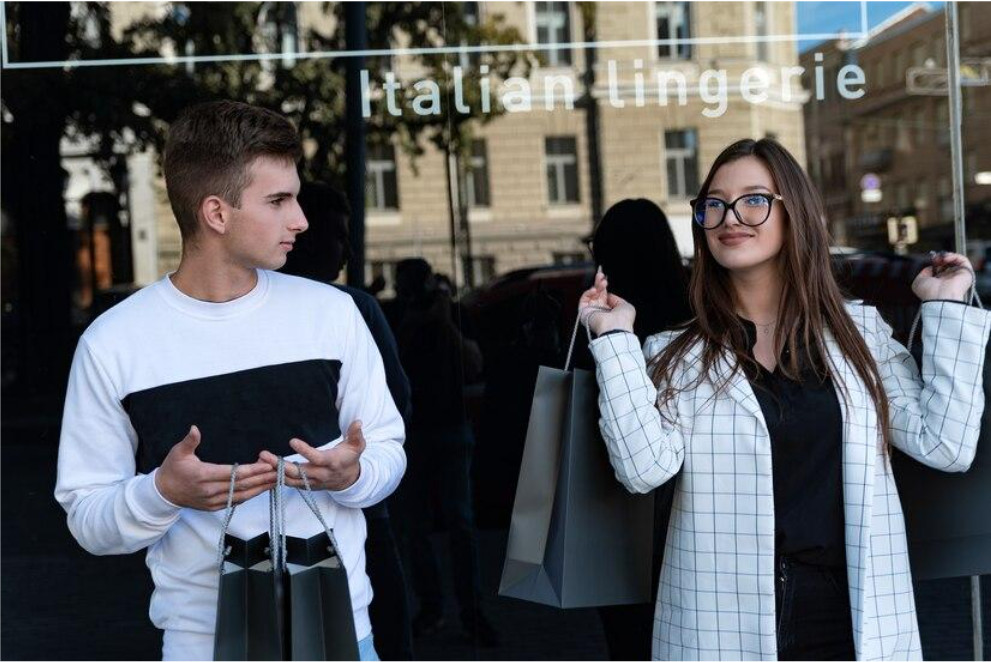The Impact of Technology on Modern Dating: From Swipes to Security
The dating scene of 2024 bears little resemblance to that of a decade ago. This evolution is largely driven by technology, which has revolutionized how people meet, interact, and form relationships. From the convenience of swiping right to the importance of digital security, technology is not just a tool but a fundamental aspect of modern romance. This discussion explores how these advancements, including the growing use of Virtual Private Networks (VPNs), are shaping dating culture and empowering users to protect their privacy online.

The Evolution of Dating Apps
Dating apps have drastically transformed how people connect. Initially, online dating was confined to websites like Match.com and eHarmony. However, with the advent of smartphones, mobile apps like Tinder, Bumble, and Hinge became the norm. These apps simplified the process, allowing users to swipe left or right to indicate interest. Swiping, in particular, gamified dating, making it more engaging and less intimidating.
The convenience of these apps cannot be overstated. Users can now meet potential partners from the comfort of their homes, during their commute, or while waiting in line for coffee. Now we are not limited to a circle of acquaintances or friends when choosing a partner. The ability to find people from other cities, countries and even continents is a major shift in the dating paradigm that has occurred due to the advent of technology. But a new problem has emerged, which is the difficulty of maintaining relationships at a distance.
The Role of Algorithms in Modern Dating
At the heart of these dating apps are sophisticated algorithms designed to increase the likelihood of successful matches. Picture a database containing terabytes of user information – demographics, online behaviors, purchase histories, and more. These algorithms dive into this treasure trove, yielding a profound understanding of individual characteristics and tendencies. Armed with AI, dating apps can accurately predict love connections that are genuinely worth exploring. Dating has taken a drastic turn, moving from blind chance encounters to purposeful, thoughtful connections.
Algorithms have a major Achilles' heel: dependence on them can backfire. Let's be honest: it's unsettling when apps crunch people down to actionable data, transforming us from complete humans into neat little user profiles. It's the commodification of identity – plain and simple. Additionally, the "paradox of choice" becomes apparent; with so many options available, users may struggle to commit, always wondering if a better match is just a swipe away. When we settle for shallow connections, we risk getting stuck in a pattern of brief encounters that lack any real substance.
Privacy Concerns in the Digital Dating Era
As the digital dating scene expands, so do concerns about privacy and security. Sharing personal information online inherently carries risks, and dating apps are no exception. We often do not think about digital security and caution when distributing data and remember about it too late. We mainly remember about online security when fears are realized and your photos, names, location or other information falls into the wrong hands.
Security protection often involves the use of a VPN. It does not protect the data that you have opened for free use, but everything else is hidden. You can use VPN for Android and prevent any information leaks at the stage of their delivery. However, anonymity issues require the use of advanced VPNs, such as VeePN. Moreover, with a VPN, you can get unbanned from tinder or other social networks. When you install VPN for iOS or Android, you get data protection, anonymity and a tool to bypass regional restrictions in one bottle.
Enhancing Security Features in Dating Apps
In addition to VPNs, dating apps themselves have incorporated various security measures to protect users. Features such as two-factor authentication (2FA), end-to-end encryption for messages, and photo verification have become standard. Two-factor authentication does exactly what its name suggests: it adds another layer of protection to your profile. To open an account, you need to have two independent pieces of data. If one of them is missing, even knowing the password will do nothing.
End-to-end encryption ensures that messages exchanged between users are only readable by the intended recipients, preventing interception by third parties. Photo verification helps confirm that users are who they claim to be, reducing the prevalence of fake profiles and catfishing. These features collectively contribute to a safer online dating environment, fostering trust and confidence among users.
Virtual Dates and Digital Interactions
The COVID-19 pandemic accelerated the adoption of virtual dates, a trend that continues to grow in 2024. Before meeting in person, many singles are taking advantage of video calls on dating apps and platforms like Zoom and Skype to test the chemistry and vibe, helping to build a stronger connection. Before taking the plunge and meeting in person, virtual dates offer a convenient and safe space to get a sense of someone's personality. As health risks decline, dating becomes more inclusive, fostered by a safer, more welcoming environment.
In the digital age, smooth social interactions rely on more than just tech savvy – we need to master the art of online etiquette too. Unlike traditional dates, where body language and physical presence play a significant role, virtual dates rely heavily on verbal communication and digital cues. The only way forward is to ditch our outdated assumptions and wholeheartedly welcome novel modes of connection.

Niche Dating Platforms
Another significant trend in the modern dating landscape is the rise of niche dating platforms. Imagine gathering spaces for people who share a passion for travel, artists, or outdoor adventures – these platforms bring people together around their common ground. Examples include JDate for Jewish singles, FarmersOnly for rural daters, and The League for professionals. When you're surrounded by like-minded people on niche platforms, the odds of meeting a perfect match skyrocket - it's no wonder so many successful connections are made!
What we're seeing on these specialized platforms is part of a bigger movement - a shift away from generic solutions. Imagine stepping into a world where every experience is handcrafted to fit your personality, passions, and pursuits – that's the direction we're headed. Apps that cater to specific communities create a sense of belonging, making users feel seen and heard, which significantly boosts the dating experience.
Conclusion
The impact of technology cannot be viewed in one way or another. Technology is both creating a more connected world and replacing face-to-face communication. Technology is with us from the moment we unlock our device, choose a partner, and go on virtual dates. So much has changed that we haven’t even noticed the shifts. What is clear is that technology will continue to change the way we interact with friends, family, and find partners. Sometimes this is a good thing, as we can find more suitable people with similar interests. But relying too much on our smartphones is also a concern.